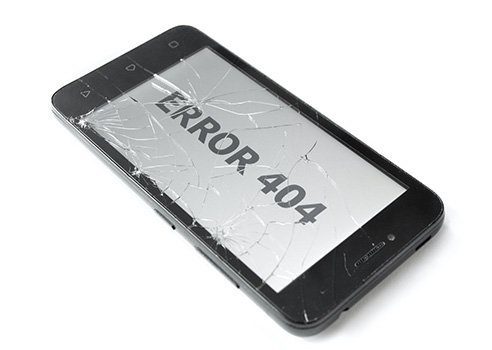Word count: 746 words
Reading time: About 3 minutes
I’m a big believer in templates and systems. But what should you do if your writing process suddenly stops working for you?
I really struggled with writing the last two issues of Power Writing. (I’m hoping you didn’t notice.) Ironically, those issues focused on the topic of Deliberate Practice – a series of habits designed to make your writing better.
I’ve been free from writer’s block for so long, I’d completely forgotten the gnarliness of the beast. News flash: it’s still alive and as horrible as ever.
My woes began with the issue you received on Tuesday, Sept. 25. Here’s what happened: As always, I started with a mindmap. I noticed my ideas didn’t flow as readily as normal, but, regardless, I finished it and started writing. But instead of seeing my fingertips sprint across the keyboard, I noticed they travelled reluctantly, a bit like a group of six-year-olds being herded into a doctor’s office for immunizations.
Shortly after noticing that, I discovered I was doing what I’ve instructed all of you to avoid. I was editing WHILE writing. I knew I was sunk and started to get mad at myself. “Don’t be such an idiot, Daphne,” my internal editor said to me with a hint of snark in her voice.
When I finally finished the damn column (and it took me 90 minutes rather than the usual 30 to 45), I read it. My heart sank. I quickly understood I had written the wrong column. The good news was my effort wasn’t entirely wasted – I’d simply written part 3 when I needed part 2, first. But the bad news, of course, was that I’d have to dedicate another chunk of time – right away — to producing another column. Feeling more than a little hard done by, I produced another mindmap and started writing again.
If anything, it was even harder for me to write this new column. Instead of six-year-olds awaiting needles, I now had a bunch of aristocrats walking reluctantly to the guillotine. The words did not want to move. This caused my internal editor to go into overdrive. “Was my whole writing process deeply flawed?” “What business did I have saying I could coach others on how to write?” “Why had I ever given myself the assignment of writing a weekly column (never mind a daily blog)?”
Of course, I was awfulizing. But that wasn’t even the end of it. I have an arrangement with a friend, who also a writer and blogger. We edit each other’s columns once a week. Turns out she didn’t like my introduction. I had to rewrite it three times before she felt comfortable.
Practically in despair after going through all of this, I told her I was having second thoughts about my writing process. “Doesn’t it normally work for you?” she asked. Well, yes, I had to confess. But it didn’t this time. “So you have a writing process that works 98% of the time or better, and you’re still having second thoughts?” she continued. Well, yes, I admitted.
“Stop being such a perfectionist,” she told me, kindly.
That shut me up.
What’s more, when I did the mindmap for this column today, I realized three mistakes I’d made. I’m going to share them with you now in the hope that you can avoid similar misery.
1) When I found myself editing while writing, I should have simply walked away from my desk and taken a break. Sometimes, stopping writing is the only sensible thing to do. In situations like this, I often go for a walk but you may prefer to go for a run, a drive, a swim or even wash some dishes! Choose an activity that you can do without much thought, leaving your brain free to mull over what you need to write. Don’t sit at your desk and stare at a blank computer screen.
2) When I discovered that I’d accidentally written column 3 when I’d meant to write column 2, I should have re-examined my mindmaps. I’d obviously gone astray there. Furthermore, I should have been grateful rather than resentful. After all, being ahead by a column would leave me free to do other work or — good heavens – read or relax during the following week. (When life hands you lemons, always make lemonade.)
3) I should have trusted myself. I no longer need to write as though I am slowly and painfully torturing myself. Writing is mostly easy and uncomplicated for me now – and the few times it’s difficult, well, I can live with that. I don’t need to be a perfectionist about writing. And neither do you.
Has your writing practice ever failed you? Share your experience in my comments section below.


